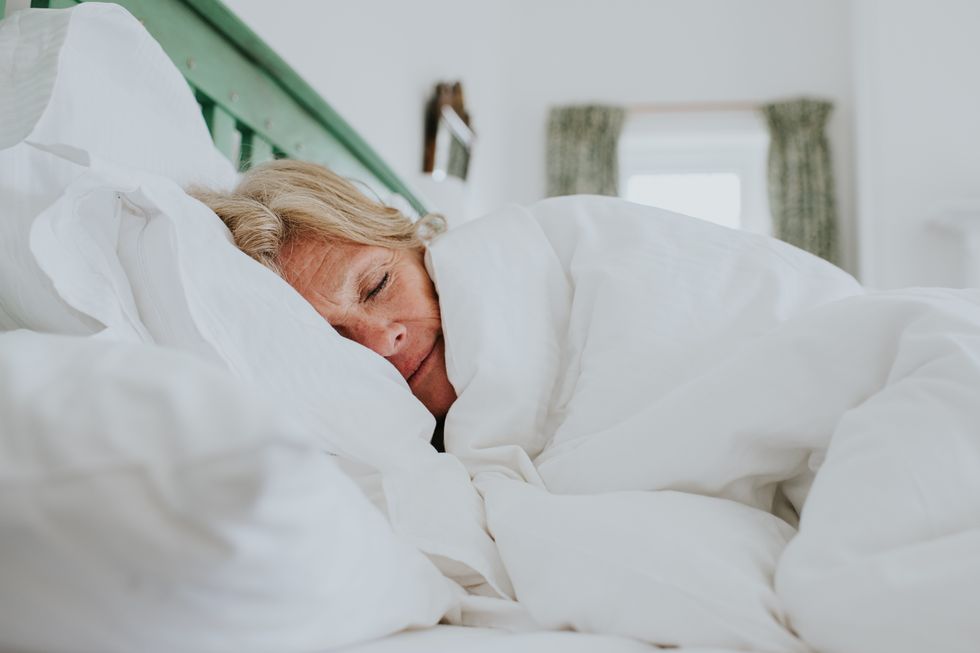Can't sleep? Over 60% of insomniacs have one personality trait in common, scientists warn

Revealed: The secret to getting a good night's sleep
|GBN

The findings could shape treatment plans that focus on sleep quality, according to researchers
Don't Miss
Most Read
Scientists have revealed a direct relationship between personality traits and insomnia, with one characteristic found in over 60 per cent of cases.
The study, published in the Journal of Sleep Research, examined how different personality characteristics influence the development and persistence of the common sleep disorder.
Researchers at the University of São Paulo in Brazil found particularly striking connections between certain personality traits and sleep quality.
Two key findings emerged from the research: people with high levels of neuroticism, characterised by emotional instability, were significantly more likely to suffer from insomnia. Conversely, individuals with high levels of openness to experience demonstrated lower rates of insomnia.

Individuals with high levels of neuroticism were more likely to suffer from insomnia
| GETTY"We decided to study the influence of personality traits on insomnia because it's an extremely common disorder that has negative health consequences," explained Bárbara Araújo Conway, sleep psychologist and author of the study.
The study examined five personality traits based on the Big Five theory. These include extroversion (tendency to be talkative and prefer group activities), neuroticism (emotional instability), agreeableness (related to empathy), openness to experience (creativity and curiosity), and conscientiousness (determination and commitment).
Researchers assessed 595 participants aged 18-59, divided between diagnosed insomniacs and a control group without sleep complaints. Each completed a 60-question personality assessment.
Cross-checking the data revealed stark differences between the groups. Among insomniacs, 61.7 per cent had high levels of neuroticism compared to just 32 per cent in the control group.
Additionally, 40.7 per cent of insomniacs showed low levels of openness versus 23 per cent of non-insomniacs.
The study also found 31.5 per cent of insomnia sufferers had low agreeableness (compared to 23.2 per cent of controls) and 37.7 per cent had low conscientiousness (versus 24.1 per cent in the control group).
After a detailed statistical analysis, the researchers discovered that anxiety serves as the mediating mechanism between neuroticism and insomnia.
"It explains the whole effect of high neuroticism on insomnia," said Conway. The team also tested depression's role, but found it was not a significant factor in this relationship.
LATEST DEVELOPMENTS:

Anxiety symptoms may directly influence the development of insomnia
|GETTY
This suggests that anxiety symptoms, rather than neuroticism itself, directly influence the development of insomnia.
The findings have important clinical implications, according to Professor Renatha El Rafihi-Ferreira, who supervised the study.
"These findings are important in clinical practice because when receiving patients with this personality trait, it's essential to think about a treatment plan that focuses not only on sleep but also on anxiety," she explained.
The researchers advocate for more personalised treatment approaches that address both conditions simultaneously, rather than treating insomnia in isolation.










